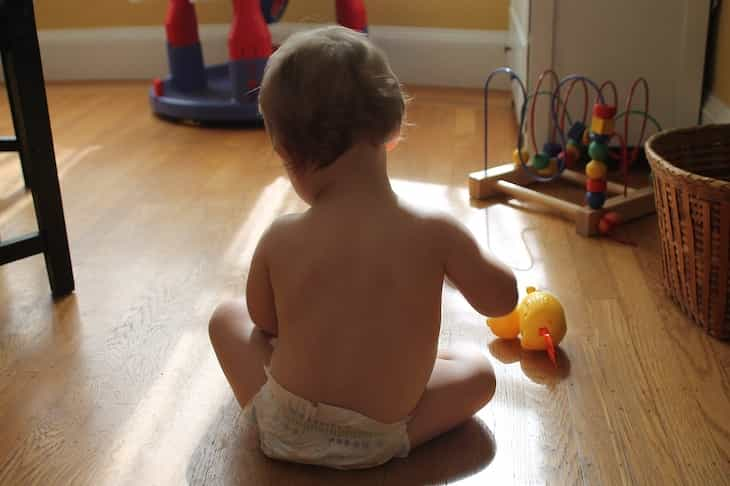If you have kids, then you should do everything you can to keep your house safe for them.
One of the most important things you should do is to keep your kids safe from various cleaning chemicals.
Here are a few tips on how you can store them safely.
Choose a secure storage place
Find a high and locked cabinet or shelf that is out of reach for children.
Make sure it has a childproof lock or latch to prevent them from accessing the cleaning chemicals.

Read labels and follow instructions
Before storing any cleaning chemicals, carefully read the labels for usage and storage instructions.
Some chemicals may require specific storage conditions, such as cool and dry places.
Keep original containers
It's best to store cleaning chemicals in their original containers.
The containers are designed to hold the chemicals safely and often have important safety information on the labels.
Separate from food and drinks
Store cleaning chemicals away from areas where food and drinks are stored or prepared.
This helps prevent any accidental mix-ups or contamination.
Properly close containers
Ensure that all cleaning chemical containers are tightly closed and sealed.
This helps prevent leaks or spills that could be harmful to children.
Dispose of expired or unused chemicals
Check the expiration dates on cleaning chemicals. If any are expired or no longer needed, dispose of them properly according to local regulations.
Contact your local waste management authority for guidance on how to do this safely.
Educate your children
Teach your children about the dangers of cleaning chemicals and explain that they are not toys.
Emphasize that only adults should handle them and that they can be harmful if misused.
Consider child-safe alternatives
Whenever possible, choose child-safe cleaning alternatives or natural cleaning solutions.
These can be safer options to use around children.
Previously, we talked about cupronickel cutlery.









